Western ideas about notions of femmeness and womanhood in the Middle East are informed by religious stereotypes and the representations of Islam in the media. Western media is inclined to show Islam as intrinsically oppressive towards femmes through the weaponising of the veil to reinforce the thought of “backwardness” of Islamic societies. While there is no denying that many Islamic State governments have long ways to go in terms of rights for femmes, it is also time that we as Muslim women began leading our own representations and writing our own narratives to shift the reductive and violent ways in which we are represented. For me, that is why the visual presence of femmes such as influencer and niqabi model Amy Roko are important. Amy Roko, unlike most models, only utilises her eyes and hands in the content she creates with the rest of her body being covered in a Hijab, Niqab and cloak. Using her platform to speak on femme issues in the Arabian peninsula and uses humour as a mechanism to have serious conversations.
The instagram model has previously used her reach to speak on the restrictions femmes have in Saudi Arabia, posting a comedic instagram videos Roko commented on the driving ban that was placed on women in Saudi Arabia until 2019. She filmed herself riding a skateboard through the streets of Riyadh in high heels, joking that Saudi femmes have found alternative modes of transport. Roko aims to break down stereotypes surrounding the niqab and still thinks that:
There’s a huge misconception surrounding the niqab. This comes with two main stereotypes: firstly being deeply religious, and secondly being wildly silly (i.e. clownery). I just want to show you can still wear a niqab and be comedic, love fashion and sports if that floats your boat. Niqabis are regular people that just choose to dress differently.
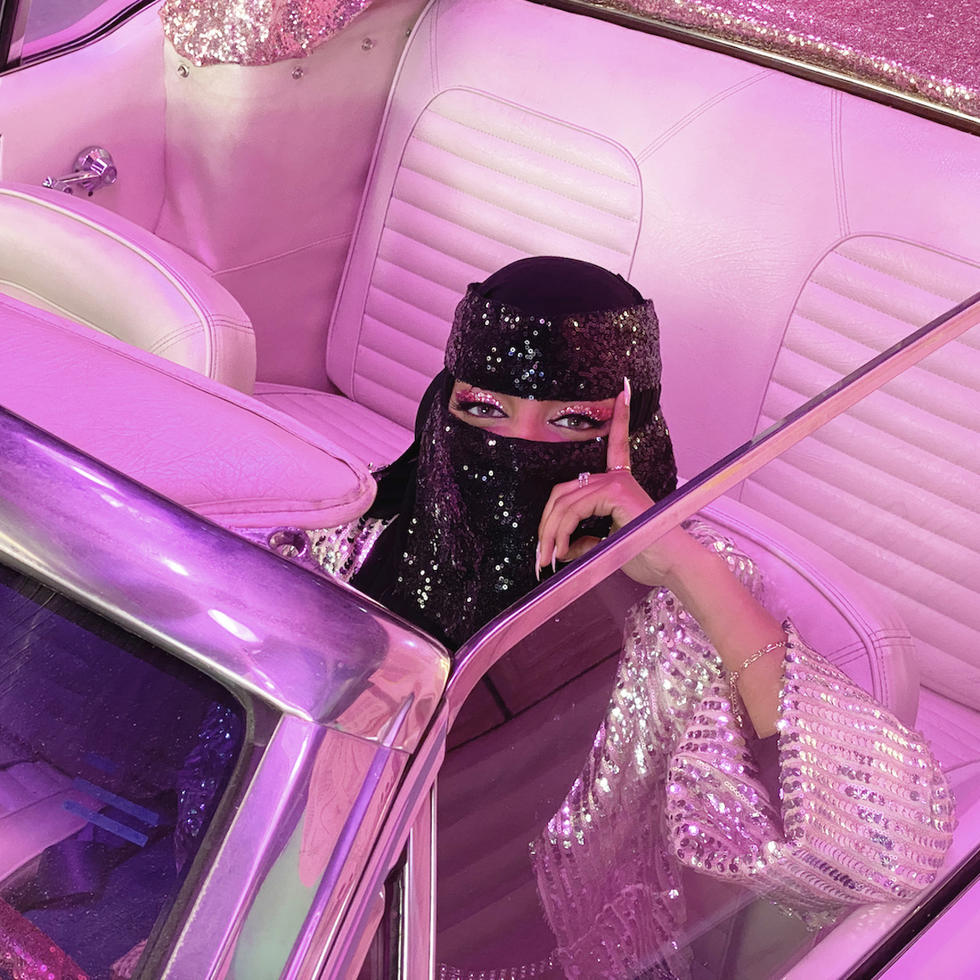
Embodied in Roko, is an example of steps we can take towards re-contextualising the niqab and hijab — illuminating through the content she creates that the hijab should not limit one in anyway. Orientalist tropes that label Muslims as “uncivilised” have regained currency as Muslim women wearing the hijab and niqab have become a symbol of Islam’s oppression, and the removal of the veil has become a popular on-screen-trope in recent years. While veiled Muslim femmes have recently become the focus of a polarised Orientalist attitude: on one end Muslim women are facing racist attacks from Orientalists in the media with leaders for the Global North claiming that they feel threatened by the veil as a symbol of Islamic terrorism. And on the other are being viewed as needing saving from their “backward” Islamic societies thus constructing Muslim femmes as oppressed and perpetuating the ‘saving Muslim women trope’ as a way to gain support for unjust military intervention in Islamic states. This trope of ‘saving Muslim women’, is stereotypically portrayed as the removal of the veil — seen as an act of liberation from the “backwardness” of Islam. However, Roko is an example of a femme who does not feel the need to remove her niqab or hijab in order to live a fruitful life nor does she ‘need to be saved from oppression’. Roko takes the first steps towards creating counter-discourse through her content, in an effort towards shifting the way people think about Muslim women in fashion and narratives of the niqab by showing that it does not limit her but can actually be a source of self-authored empowerment.
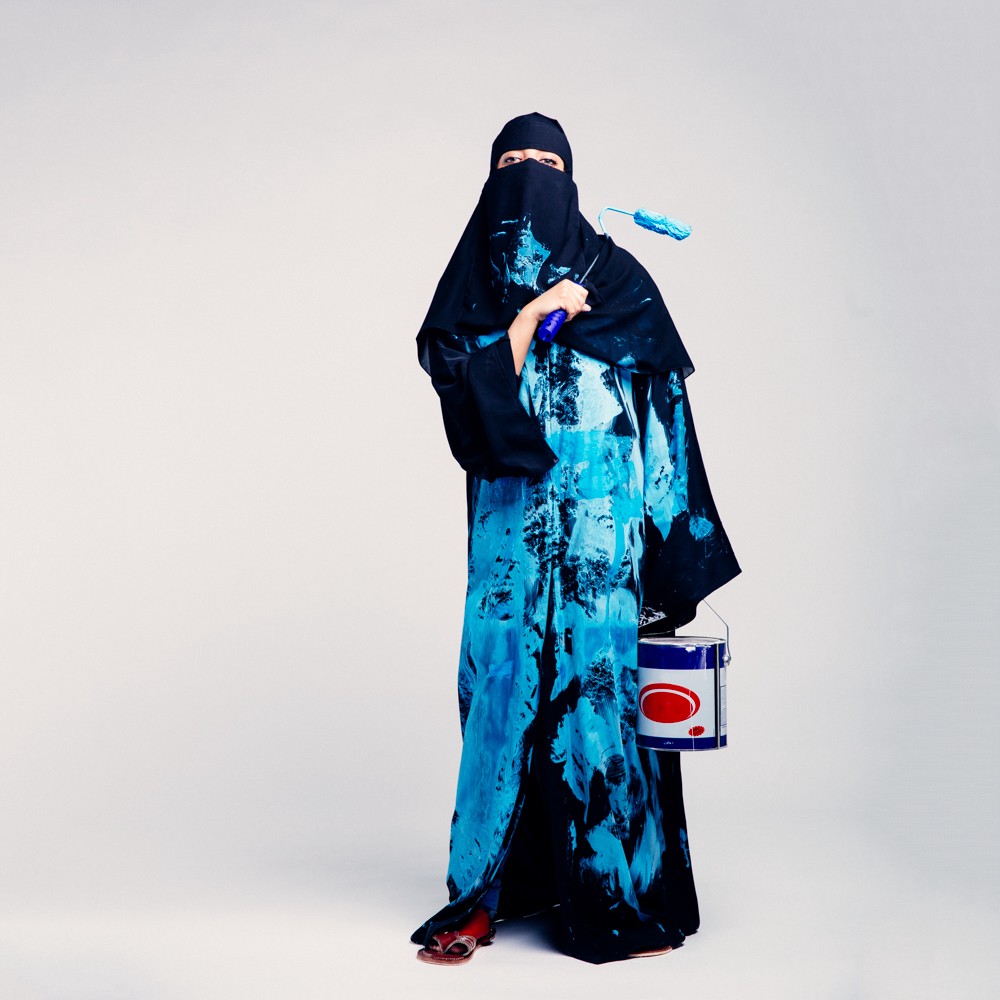
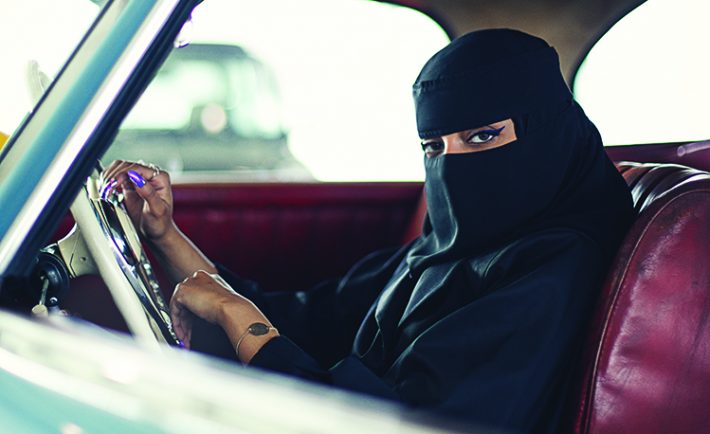
Truth(s) more rooted in reality can be achieved through representation — and all representations involve particular points of view, values and goals. Mainstream media is a place where the political discourse is being produced to perpetuate and maintain the current global power structures. So, when we see Muslim femmes such as Roko reclaim representations of self thus disrupting the perpetuation of harm inducing Western stereotypes placed on the hijab/ niqab — what we are also witnessing is a recuperation of the garment from being a symbol of oppression. Her assertion that “I’m not wearing it for you, I’m wearing it for me”, in some ways also speaks to the Global North’s fascination with the hijab, the removal of the hijab and how it is used as a tool to signify orientalism, and in this becomes a place of projection of their own fears and ideals. While there needs to be a shift in the way the Global North views and relates to the hijab and the way the hijab is represented, it seems to be increasingly difficult for Muslim femmes to remedy the way they are represented. Hijabi supermodel Halima Aden’s experiences in fashion, highlight the industry’s commitment to reject change. Halima Aden recently quit the fashion industry after being the first hijab wearing model to be featured on the cover of Vogue magazine and modelling for popular brands such as Fenty Beauty and Yeezy. Aden spoke to the BBC about her decision to leave the industry, after noting how badly other hijabi models were being treated. Aden stated “These girls are following in my footsteps, and I have opened the door to the lion’s mouth.” While the re-contextualisation of the veil through better representation is important — how can we expect Muslim women to enter toxic environments in order for this to happen? Especially when faced with the current political climate which sees for the politicalisation of the Muslim femme body.
Following France’s hijab ban in 2011 other European countries aim to follow suit in banning the wearing of the niqab. Just last week Switzerland broke their well known commitment to staying neutral by passing a referendum in support of the niqab ban — ironic as it is mandatory for everyone to cover their faces now due to COVID-19. The issue is that we cannot seem to change the misconceptions about the hijab if the industries which would allow us to make a change are systematically against us or if the political system will not allow Muslim femmes to wear the niqab or hijab in public. Without this ability to change the way in which the hijab is viewed, it will always remain a symbol of stereotyped beliefs.
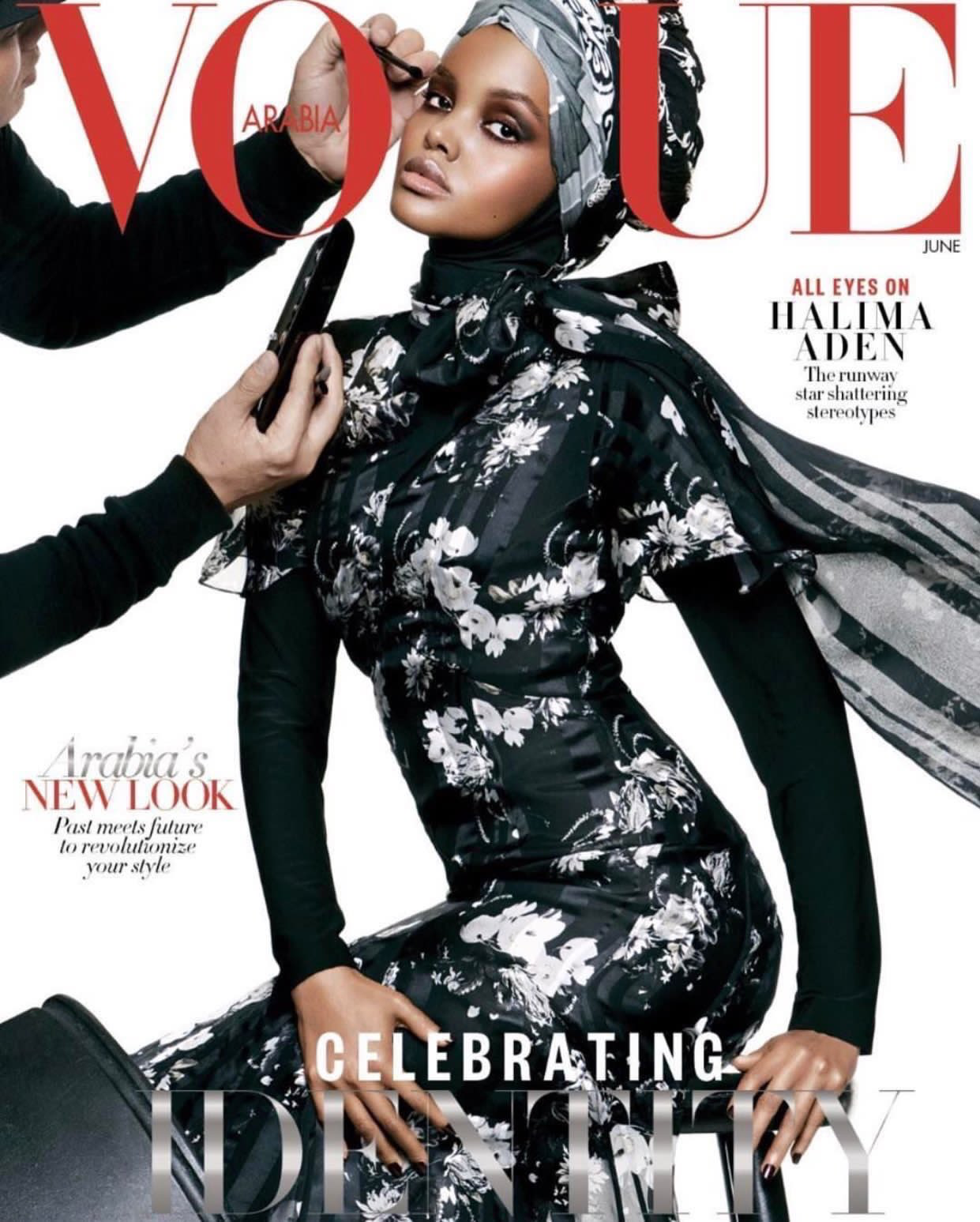
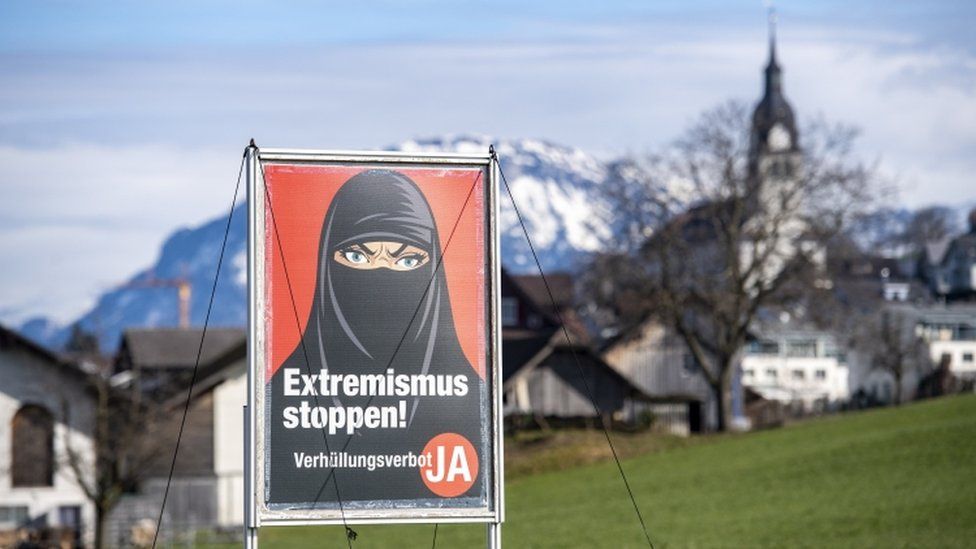
Posters promoted by the Swiss People’s Party featuring a woman in a niqab with the caption “Stop extremism!”



















































